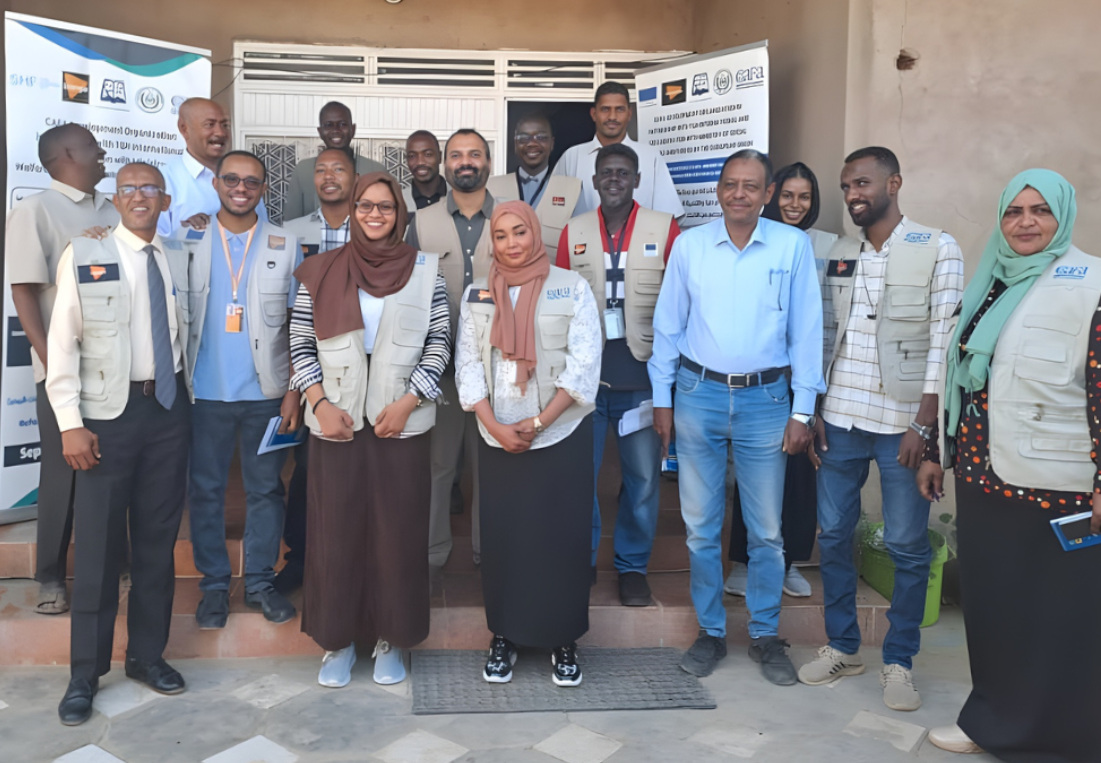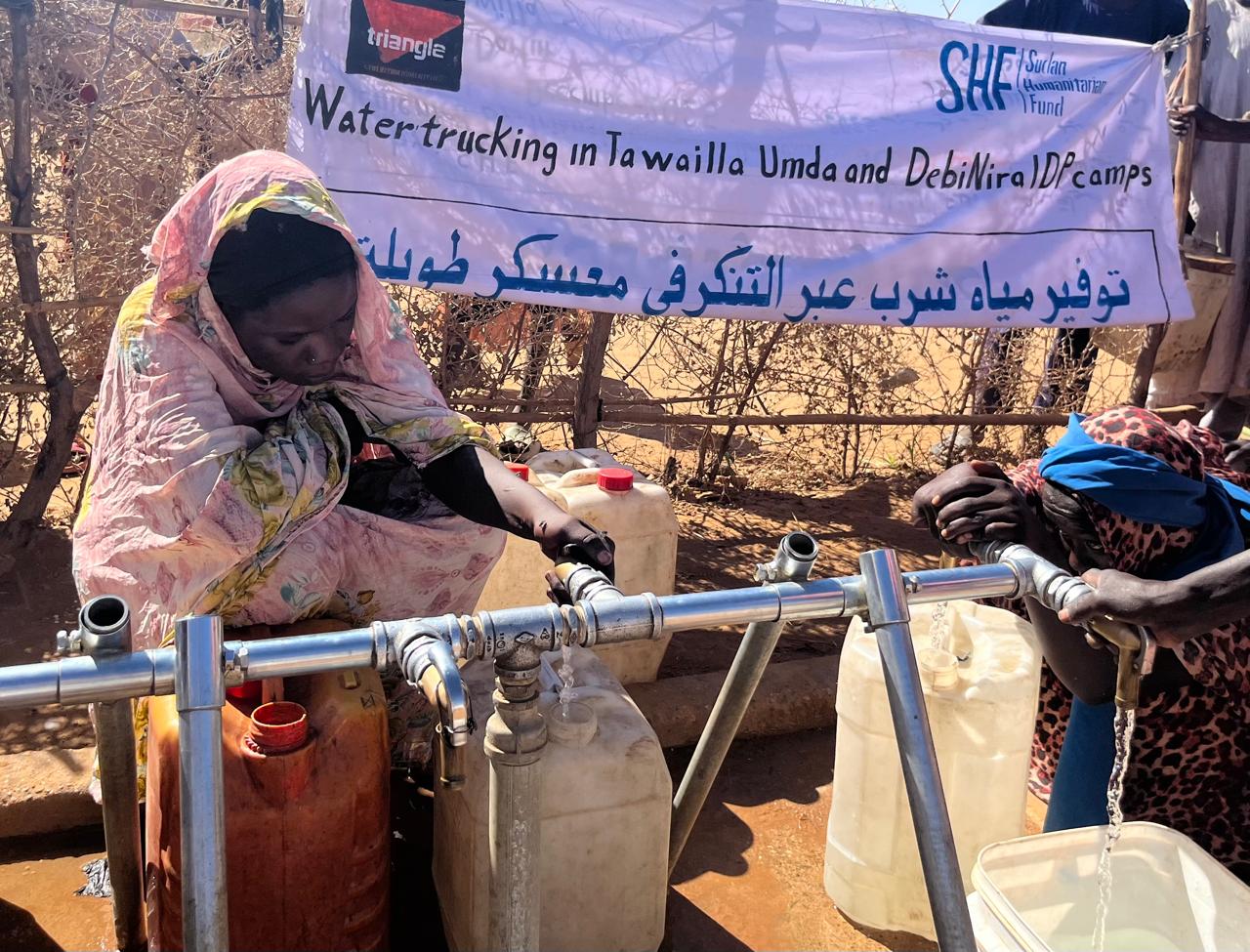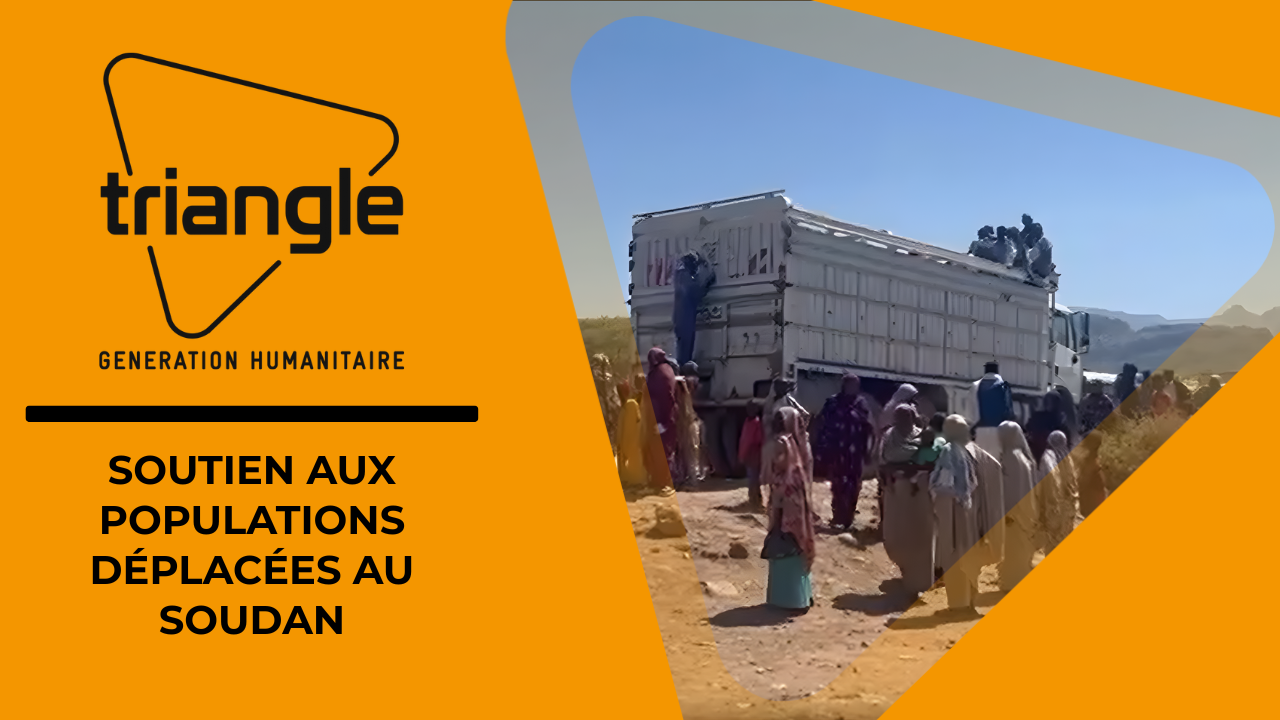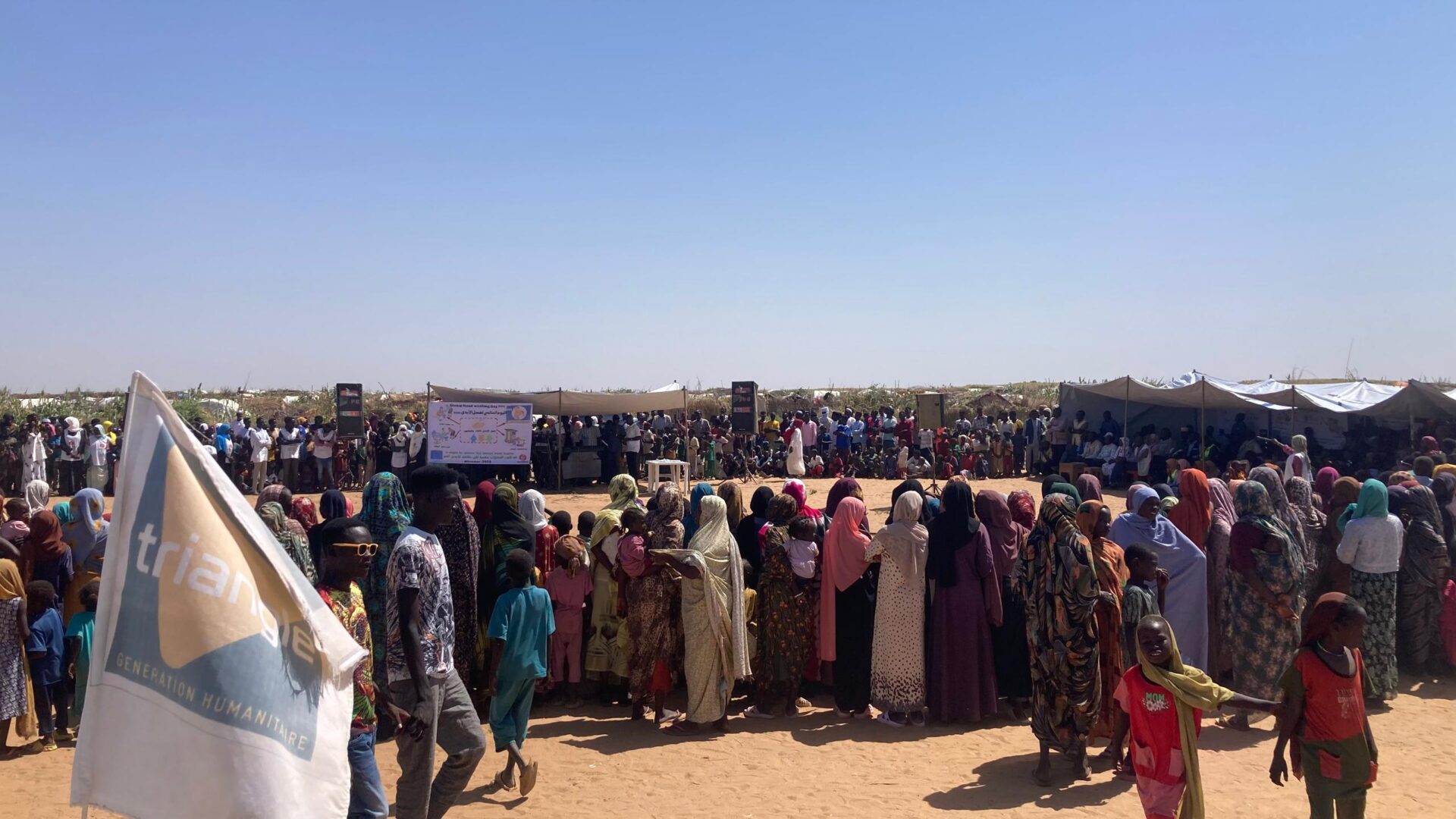Beneficiaries
178,959
Duration
27/10/24 > 26/07/25
Global budget
2,247,000 $

Water, hygiene & sanitation
Funding

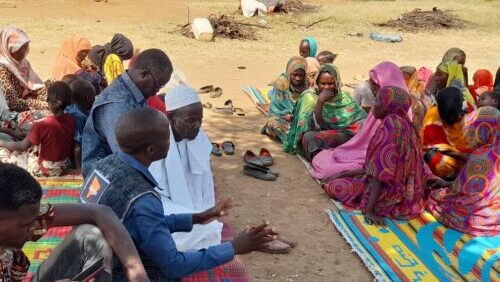
Programme details
The project aims to enhance access to primary healthcare (PHC) services, focusing on maternal and child health, disease management, immunization, and essential medicines. It supports six fixed health facilities and deploys three mobile clinics. Nutrition interventions address Severe Acute Malnutrition (SAM) and Moderate Acute Malnutrition (MAM) among children under five and pregnant or lactating women, with community-based prevention led by trained volunteers.
In the Water, Sanitation, and Hygiene (WASH) sector, the project improves access to safe water, sanitation facilities, and hygiene practices to reduce disease risks. Activities include rehabilitating water points, constructing latrines, and conducting hygiene awareness campaigns using the Community-Led Total Sanitation (CLTS) approach to ensure sustainability.
In terms of protection, the project strengthens safety for women, girls, and children at risk of gender-based violence (GBV) and exploitation. Services include case management, psychosocial support, safe spaces, and referral systems. General Protection efforts rely on training community networks to identify and respond to protection issues, ensuring safety and dignity.
To address shelter and non-food item (S/NFI) needs, 1,000 households will receive emergency shelter kits—including plastic sheeting and poles—and essential items such as blankets, sleeping mats, mosquito nets, and cooking utensils. Distribution is carried out with an emphasis on dignity, safeguarding, and accountability to reduce GBV risks.
The project adopts a coordinated, area-based implementation strategy. Each consortium partner leverages its local expertise to ensure comprehensive multisectoral coverage, equitable resource distribution, and conflict-sensitive service delivery. Community engagement, consultations with local authorities, and coordination with humanitarian clusters ensure alignment with established standards.
Recognizing the conflict dynamics in Central Darfur, the project emphasizes conflict-sensitive programming and works with community leaders to prevent tensions and foster peaceful coexistence through balanced resource allocation.
Cross-cutting themes such as protection mainstreaming, gender equality, disability inclusion, and accountability to affected populations (AAP) are integrated throughout all activities to ensure a safe, inclusive, and responsive approach.
The consortium—WR, DRC, TGH, JMCO, and HOPE—builds on its experience and networks in Central Darfur to deliver an effective, adaptable response. Regular coordination, joint monitoring, and evaluation contribute to successful implementation and outcome achievement.
